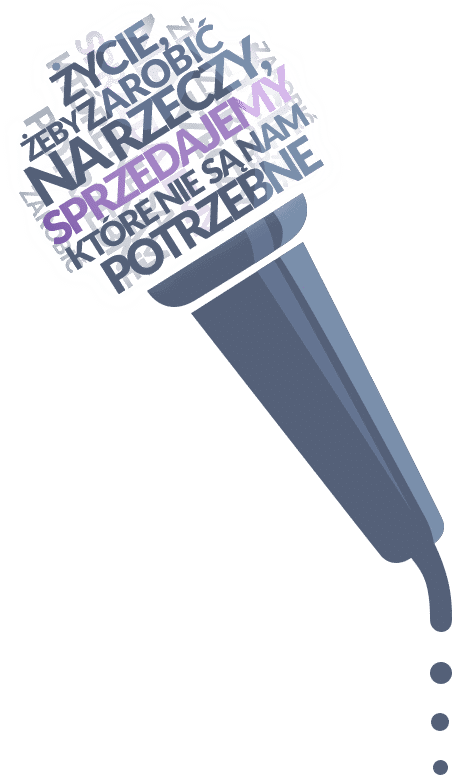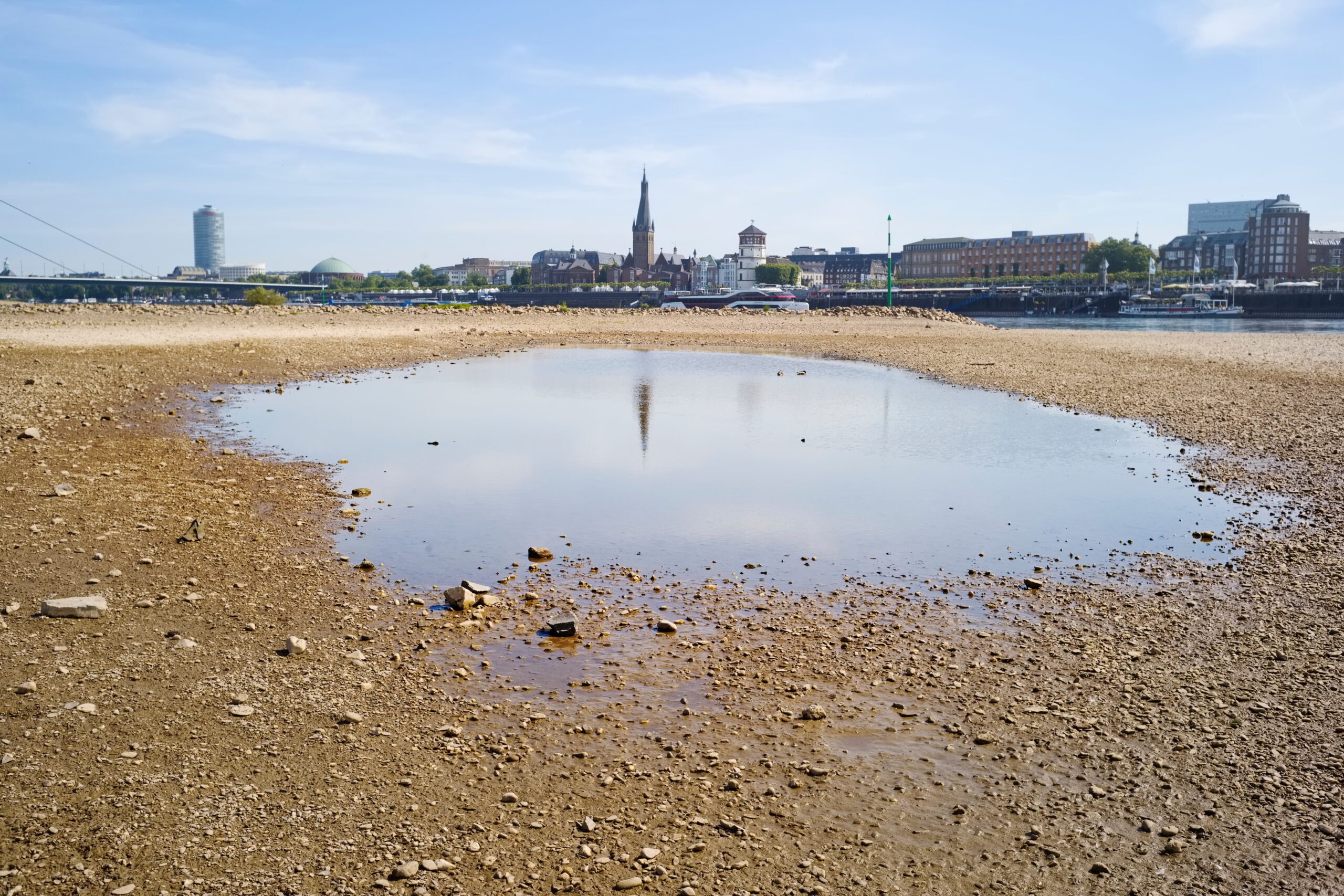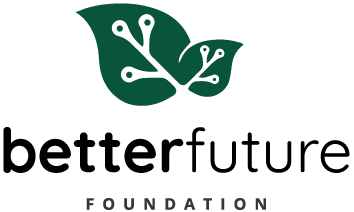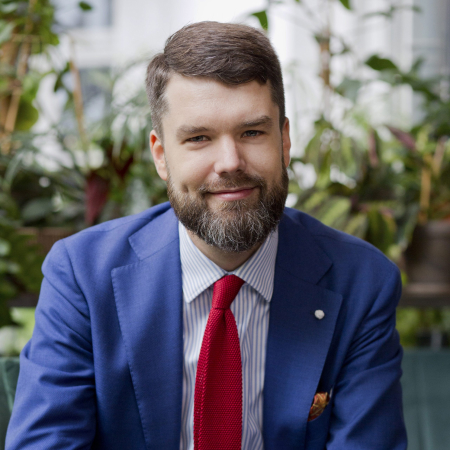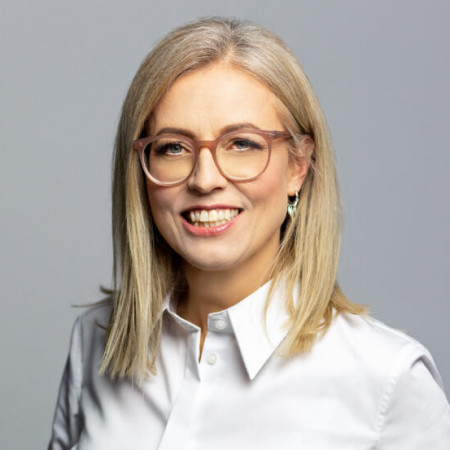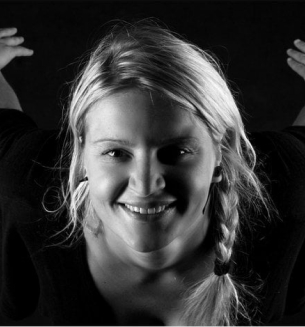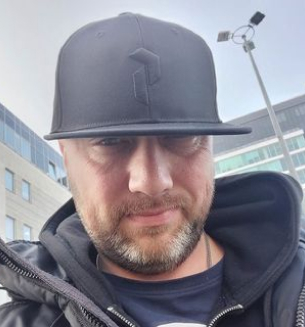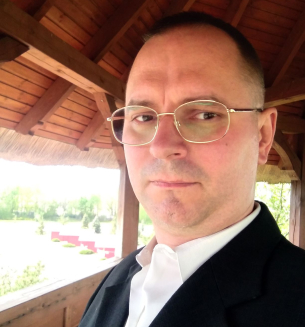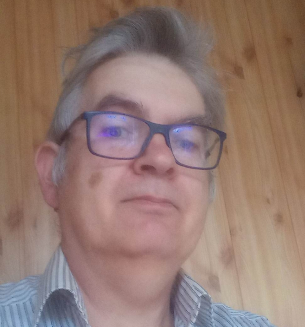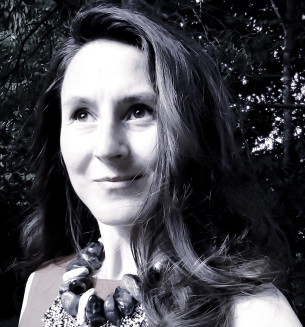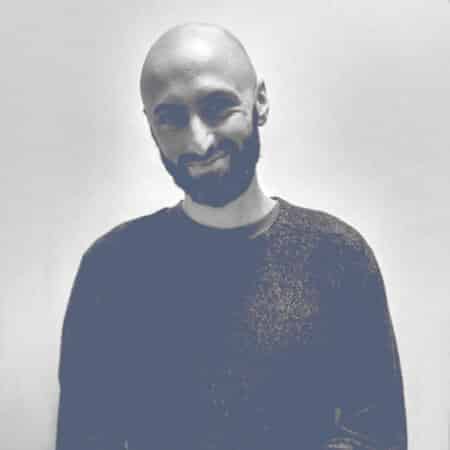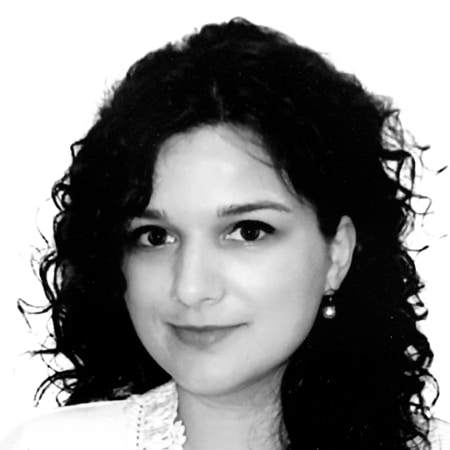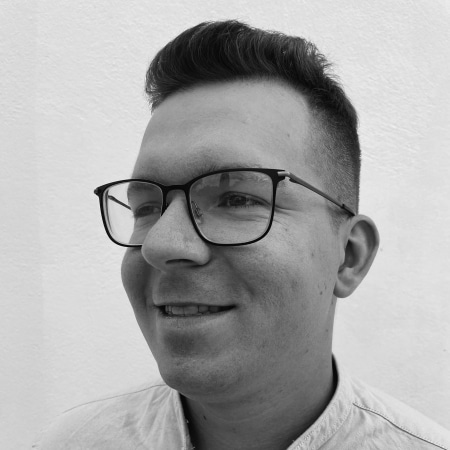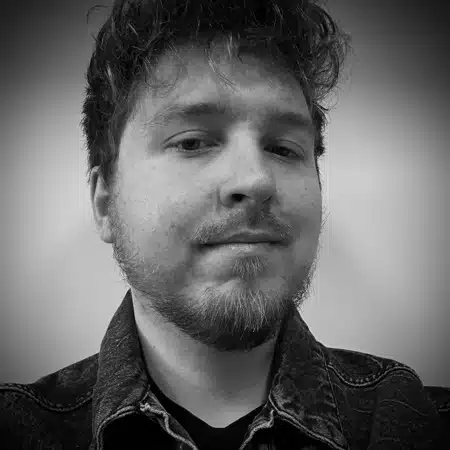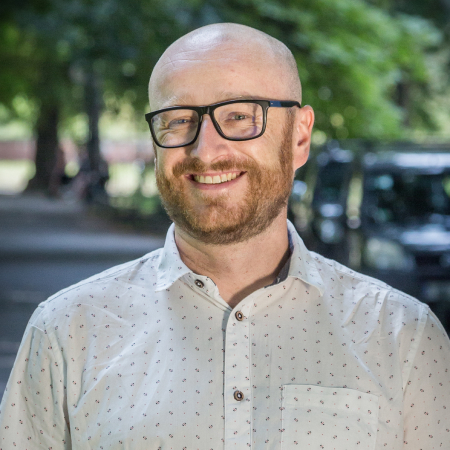You said that you were tired of playing the game. Do you mean that taking action to prevent climate change, which is connected with political and economic systems, is some kind of game?
I do, and I’m happy that there are people who want to play it. Some members of the Polish parliament are aware of the climate crisis, but it’s still a small group. I stay on the sidelines, I’m an independent journalist, I don’t belong to any organisations. The Shipibo shamans I met in Peru and the Dagaro shamans in Burkina Faso gave me some tips on how to listen to those who do not communicate verbally. That’s the reason why I go to the forest. No human games are played there.
If a journalist writes about science, learns from shamans and talks to trees at the same time, how do we take him seriously?
The good news is that you don’t need to take me seriously. A while ago I wrote an article for Przekrój, titled “The trees that we’re killing”. I quoted certain facts, including some of the statements made by the scientists representing the Polish Academy of Sciences. A lot of people shared the article. One of the readers commented, “Definitely a must-read, except the last paragraph”. In the last paragraph I mentioned that in the context of the current ecological crisis, we should give some thought to how forests are treated by the State Forests Holding and by each and every one of us. In state-owned forests trees are grown and harvested for timber, seen as nothing more than wooden planks. But we’re dealing with living and mysterious beings, which are not only able to grow, but also to suffer, form cooperative and interdependent relationships, take care of their young saplings, feed the old, disabled trees and communicate with one another. In this context, growing trees for commercial purposes is an immoral act that makes me think of colonisation and slavery practices. The person who shared my article acknowledged the facts, but not the last paragraph. He or she managed to deal with it.
Shamanism is associated with religion.
But it’s not a religion, it’s not based on a system of beliefs. The concept of shamanism is simplified by the Western culture. It’s about a non-dual perception of life and acknowledgement of that fact that everything has a spirit. A shaman experiences ecstasy and using special shamanic techniques is able to travel between different worlds and dimensions. But elementary particles and our thoughts do exactly the same. Quantum physics, biology and a number of other sciences are linked with shamanism. We live in a world of paradoxes and contradictions, sometimes the whole universe can be confined in a gaze or in a hand.
Science and shamanism or spiritualism are interconnected, but lots of people got stuck on just one side or the other, believing either in dogmas or in statistics. I’m interested in combining science, rationality and facts with what is elusive, intangible and timeless.
It’s been scientifically proven that trees take care of each other, including their disabled relatives. Some trees are more important to me than some of the people I have met. Under of one of my articles, a reader posted a photo in which trees were being cut down. The image made him suffer terribly, he was depressed. He asked me how he should cope with that. Seeing a tree that was with you for twenty years disappear can make you feel that way.
Not everyone is able to find such sensitivity inside of them.
Well, they’d better avoid my texts. Luckily, there are a lot of rational journalists who deal with ecology and climate only from the scientific point of view.
What do you think of the negative comments about your texts?
There are usually not many of them. There are denialists of course. Denial is the first stage of grief. When, in a film, a police officer knocks on someone’s door to inform them that their friend or relative has died, the character usually says it’s impossible. It’s really difficult to become aware of an ecological crisis posing a threat not only to trees and animals, but also to me and to everyone I love. People are looking around and saying: but we’ve always been here; there are supermarkets with food and things; winter is coming. Going through all stages of grief is painful, though ultimately liberating.
Are we over-intellectualizing the discussion about climate?
Intellect is a great tool, but if it dominates, we lose something very valuable. In the intellectual dispute we forget about the meeting with another person. There are our opponents, but there are no us. Information about climate crisis is not getting through to many people because the language of science still tends to be very hermetic and created for those holding a university degree. I learnt some very important lessons from my grandma who used to sell some fresh produce she grew on her own small allotment in town. It is thanks to her that I planted St. John’s wort and tansy around my house.
Literature and journalism tend to overrepresent cynicism, scorn, irony, slight contempt, humiliation, mockery and criticism instead of focusing on the meeting that we consider naïve.
You were involved in the Extinction Rebellion movement for a while, right?
When I found out about the XR protests in London, I was delighted. Ordinary people launch an international civil disobedience campaign, flooding onto the streets to defend mother Earth. It turned out that there are practically no XR activists in Wrocław, so I helped start the movement there and I also promoted it in other cities. It seemed necessary to me.
Why did someone who talks so much about inner peace and balance decide to support a civil disobedience movement?
Civil disobedience arises from nothing else but love. If it doesn’t, it means that someone misunderstands the whole concept. The idea is to protest in a strictly non-violent way, without insulting or offending anybody, without embarrassing police officers who are just doing their job. The system’s resistance focuses on activists, but they don’t provoke the conflict, they just point out to it. This conflict has existed for a long time, between the authorities and the business which acts against life on the planet and destroys it. It’s about exposing the progressing desertification, lakes and rivers drying up due to mining activity. We consume about five grams of plastic each day in water and food, we treat the Earth and the atmosphere as a waste dump.
Do we have to break the law in order to protect the climate?
The law is not given once and for all, it is subject to constant negotiation. And if the law is used as an excuse for killing and destroying life, it has to be changed. What Hitler did was legal after all. Slavery, discrimination of women and denying them the right to vote, persecution of black people were also legal. Nowadays it’s legal to destroy nature.
Writing about the climate one keeps uncovering more and more consequences of the conflict. Which of these images was the most devastating for you?
Farmers’ suicides in India. Over the last few years nearly five thousand people have taken their own lives when the temperature in some regions exceeded 50 degrees. There are also thousands of those who have lost their homes, jobs, crops. They had no food or water for themselves and for their children. It coincided with the third driest season in Somalia for decades.
53 thousand people joined the 2.6 million of Somali climate refugees. And I have a roof over my head, running water and I listen to my ego which is worrying that it’s not going to buy itself something.
Talking about ego – do you see a lot of hypocrisy in social media in the context of climate crisis?
If I assume that another person is a hypocrite, I have to stop noticing him. If this person lies, I don’t have access to his or her truth. It may be an interesting task to assume that everything people say is true and to start taking them seriously, to ask them more questions. That’s how you reveal the truth. When I notice a hypocrite, I place myself higher and then we can’t meet.
Let me come back to the comparison you made earlier: if we are parasites, maybe we just don’t deserve this planet?
Parasites also have their own lives, their own complex world and relationships. That’s only one of the stories about humans. We are good and bad, divine and demonic. We’re probably not the best form of life for this planet, but we’re still evolving. Our awareness is also evolving. I am fascinated when I hear people singing by campfire, when I touch tree bark, read a great novel or poem, eat a plum.
I have lots of sympathy for our species and I can find a number of reasons why I’d like us to succeed. We’re capable of sacrifice, of sharing, of saving lives, of thinking and of loving.
How to fix the world?
We have done most harm to the Earth acting in haste, unwisely and solely for our own benefit. I think we should start from asking ourselves what this world means to us and why we want to fix it. And before we start doing it, let’s take a look at the tools we have at hand. You don’t drive in a nail with your bare hands and you don’t give a hammer to someone who’s feeling cold, you bring them a blanket instead. As far as climate is concerned, I myself am the main tool for improvement and if I’m a damaged tool, I’ll probably cause damage to the Earth. If I don’t fix myself, then all my demons, my difficulties, traumas and suffering will be channelled into climate action. Motivation based on fear or anger may be effective in the short term, but it will not change the world. Only love has such power.

Robert Rient
Born in 1980 in Szklarska Poręba. Author of novels: “Chodziło o miłość” [It was about love] (2013) and “Duchy Jeremiego” [Jeremy’s Ghosts] (2017) that was nominated for the NIKE Literary Award, a reportage “Świadek” [Witness] (2015), a book on travelling and shamanism “Przebłysk” [A Glimmer] (2018) and the foreword to the book “OUT: LGBTQ Poland” (2017). Co-author of a report “Męskość i kobiecość w lekturach szkolnych. Analiza treści lektur w szkole podstawowej i gimnazjum z perspektywy równości płci” [Masculinity and feminity in school required reading books. The analysis of required reading in primary and middle schools from the perspective of gender equality]. His work has appeared in Polish publications such as “Duży Format” [Large Format], “Focus”, “Sekrety Nauki” [Secrets of Science], “Traveler – National Geographic”, “Wprost” [Directly] and “Wysokie Obcasy” [High Heels]. He is a contributor at “Sens” [Sense] and “Przekrój” [Cross Section] – in the latter magazine he has written series of articles “Istoty rzadziej spotykane” [Unusual Beings], “Ludzie listy piszą” [People write letters] and the most recent one “Wizje roślin” [Plant Visions].
Fot. Zygfryd Turchan.
